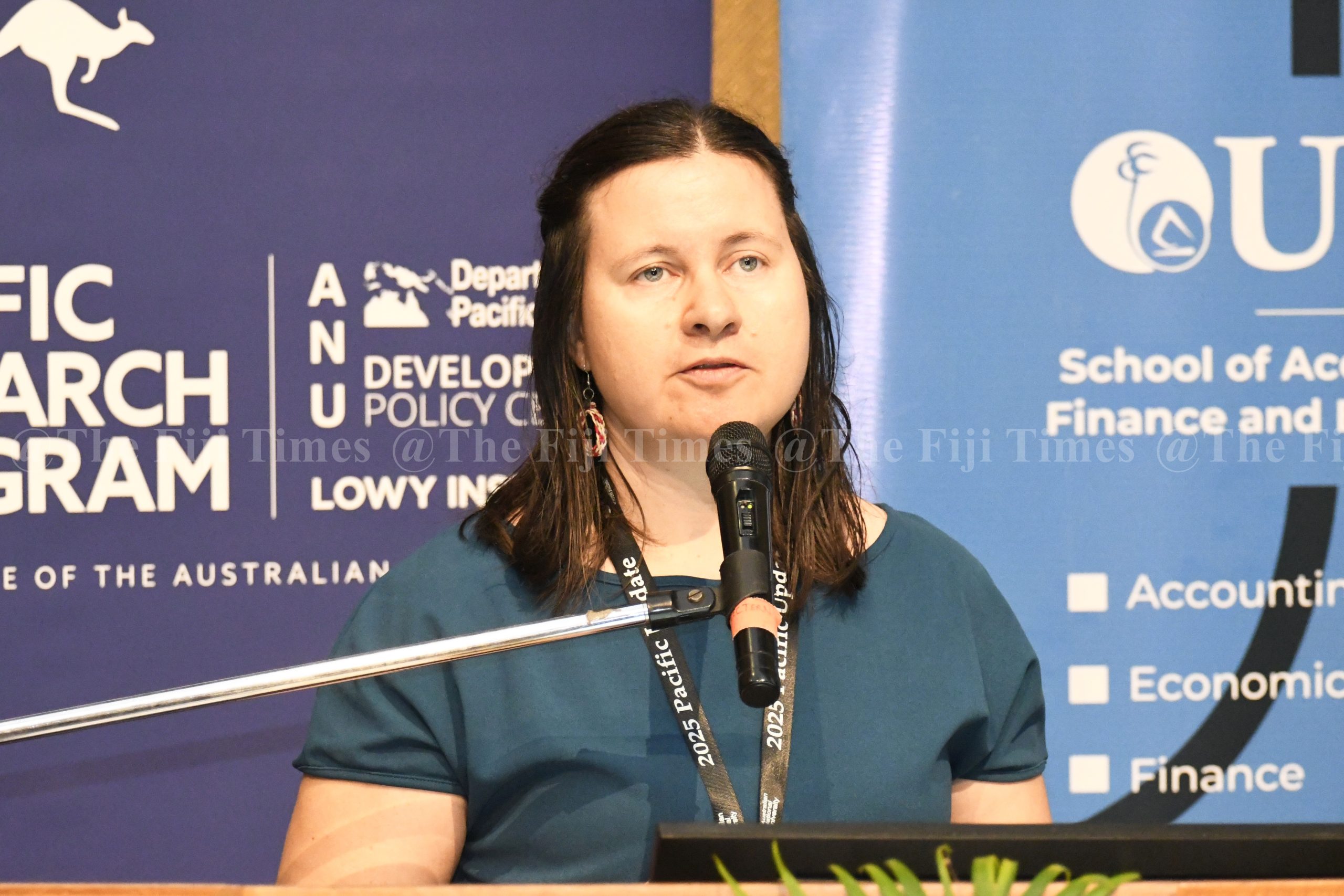Many pregnant workers under the Pacific Australia Labour Mobility scheme return to their home countries to give birth, even when they are eligible for health coverage, a new study has found.
Researcher Lindy Kanan said this highlighted serious gaps in support and understanding of workplace rights for PALM participants during pregnancy.
“Pregnancy can be a time of vulnerability for PALM participants,” Ms Kanan said.
She said women faced a lot of uncertainty around health insurance coverage, income, visa status and whether they would be able to stay in Australia to give birth.
“There’s a real fear of losing their job.
“Some women were told they could keep working, but only if they returned to Australia without their baby.”
In her blog, Ms Kanan said pregnancy testing before departure was common, and if someone was found to be pregnant, they could not join the scheme.
“Even those who have served the 12-month insurance waiting period are being told to go home to give birth.
“It puts them at risk of being separated from their child or leaving the PALM scheme entirely.”
Ms Kanan said these practices appeared to contradict Australia’s legal obligations.
“The Convention on the Rights of the Child makes it clear that children should not be separated from their parents against their will, unless it’s necessary for the child’s best interest,” Ms Kanan said.
Her research, titled It’s Not Illegal To Be Pregnant, was based on interviews with 54 people, including 20 PALM workers, 10 employer representatives and 24 service providers and stakeholders.



